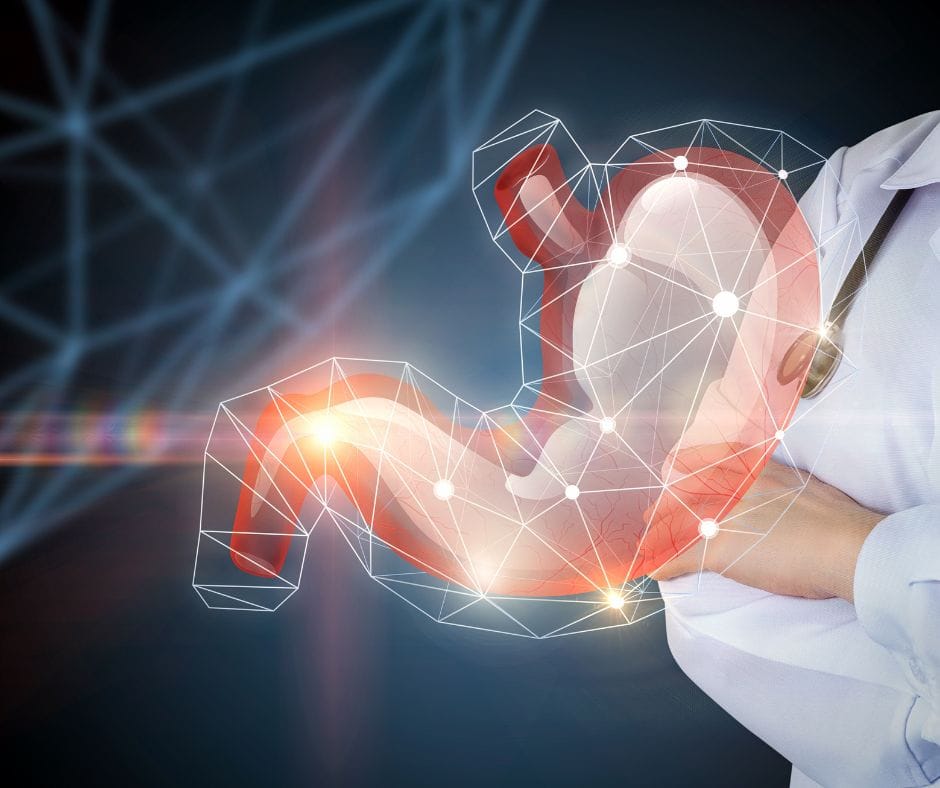Laiku atlikti endoskopiniai tyrimai padeda užkirsti kelią viršutinio virškinamojo trakto organų susirgimams, o nustačius ligos diagnozę parenkamas individualus gydymas.
„Clinicus Klaipėda“ pilvo chirurgai Marijus Ambrazevičius ir Jonas Jurgaitis gastrofibroskopinį tyrimą atlieka greitai ir tiksliai.
Tyrimo metu per paciento ryklę įvedamas specialus prietaisas – gastroskopas. Lankstus vamzdelis su optine sistema ir šviesos šaltiniu leidžia gydytojui apžiūrėti virškinamojo trakto gleivinę iš vidaus.
Endoskopu nustatomi stemplės, skrandžio, dvylikapirštės žarnos uždegimai, erozijos, išopėjimai ar augliai.
Esant poreikiui, paimama audinių biopsija ištyrimui dėl onkologinių susirgimų, šalinami polipai, stabdomas kraujavimas iš opų.
Gastrofibroskopijos metu gali būti nustatytas lėtinis skrandžio uždegimas ar kiti susirgimai, kuriuos sukelia bakterija Helicobacter Pylori.
Jeigu pacientai baiminasi patirsiantys diskomfortą, viršutinės virškinamojo trakto dalies ištyrimo metu gali būti taikoma nejautra.
Prieš tyrimą įpurškiami gleivinės dirginimą mažinantys vaistai arba atliekama trumpalaikio poveikio ir maksimalų komfortą procedūros metu užtikrinanti intraveninė anestezija.
Gastrofibroskopiją rekomenduojama atlikti, kai nepadeda paskirtas medikamentinis gydymas.
Taip pat pasireiškus tokiems simptomams kaip skausmingas ar sutrikęs rijimas, lėtinis vėmimas, pykinimas dėl neaiškios priežasties, svorio mažėjimas, kraujavimas, atsinaujinus ar besitęsiant gastroezofaginio refliukso ligai.
Gastrofibroskopiniam tyrimui būtinas pasiruošimas: 6-8 valandas iki procedūros nevalgykite, 4-6 val. – nevartokite skysčių.
Artimiausiu metu „Clinicus Klaipėda“ pacientams pasiūlysime ir kitą endoskopinę procedūrą storajai žarnai ištirti – kolonoskopiją.
Kainos:
Viršutinio virškinamojo trakto tyrimas (gastrofibroskopija) – 120
Gastrofibroskopija su bendrine nejautra – 210
Pilvo chirurgo konsultacija – 45
Pakartotinė pilvo chirurgo konsultacija – 35
Biopsija+ištyrimas – 50
Helicobacter Pylori testas – 20


















